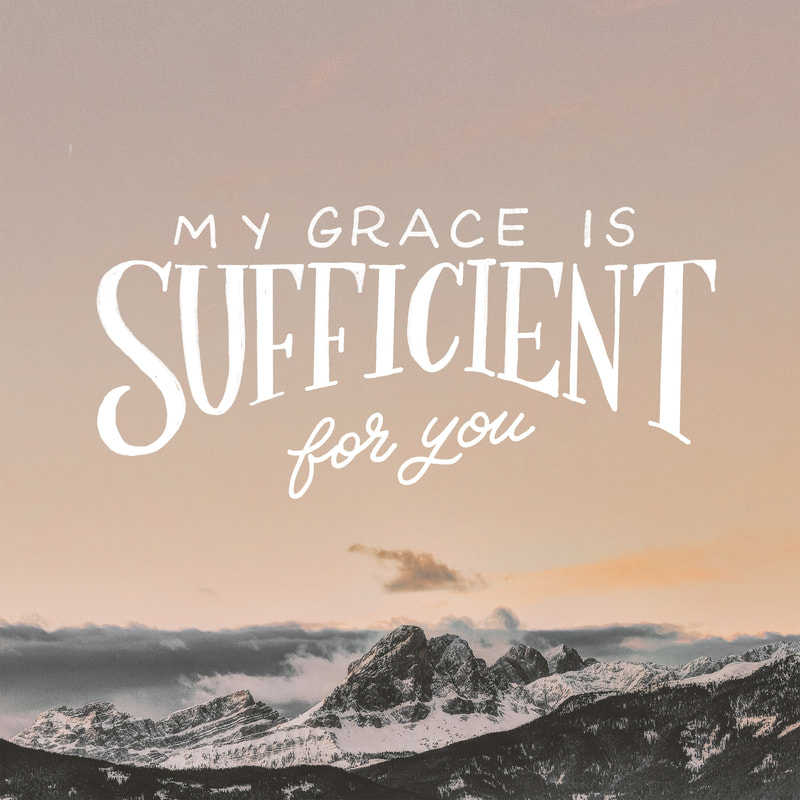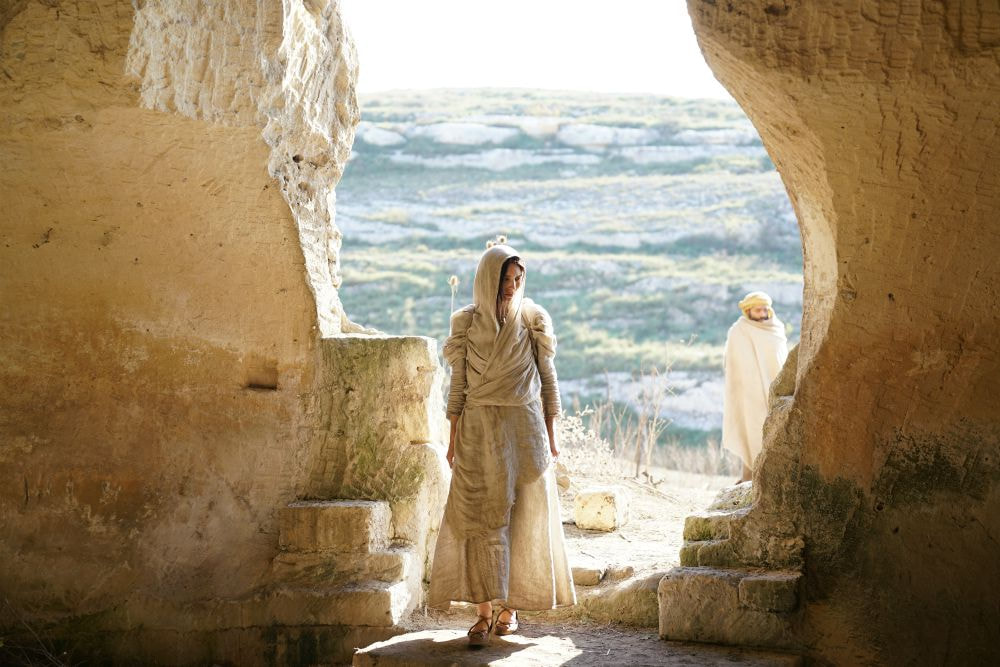what a funny concept... but that in fact, is True
Mid-July always reminds me
that it is Mary of Magdala season
designed to honor this preeminent
"Apostle to the Apostles"
Why has celebrating St. Mary of Magdala become
such a hot ticket?
I suspect ordinary Catholics are attracted to the idea
of helping correct an egregious wrong. Plus, there is something intriguing about the hiddenness of the women in Jesus' discipleship.
After all, most of us are pretty much "hidden disciples" ourselves.
We don't think of our Christian witness as anything special,
even though it is what gives our lives meaning
and drives our decision-making.
Could we be among those Pope Francis is talking about
when he quotes St. Teresa Benedict of the Cross (Edith Stein)
in Gaudete et Exsultate?
The greatest figures
of prophecy and sanctity
step forth
out of the darkest night.
But for the most part,
the formative
stream of the mystical life
remains invisible
Certainly, the most decisive turning points in
world history are substantially co-determined by souls
whom no history book ever mentions.
And we will only find out about those souls to whom
we owe the decisive turning points in our personal lives
on the day when
all that is hidden
is revealed
For the most part — at least until recently --
Mary of Magdala's witness
was all but invisible in Christian history.
Even though her testimony
is the lynchpin upon which the proclamation
of the resurrection depends,
for centuries she was falsely remembered --
at least in the West — as a forgiven prostitute.
Her prophetic witness emerges
from what is surely the darkest moment
in the
lives of the earliest believers.
She went to tell her brothers — despairing male disciples
who probably figured Jesus' promise of a new reign of God
was nothing but a pipe dream --
and they did not believe her.
Before belief could take hold, they
needed their own experiences
of the risen Christ.
Mary's deep love
for the one who had healed her,
led her
to the garden on that fateful morning.
First, she discovers that the tomb was empty.
And then she saw him.
She saw the one
who had not abandoned her in her time of trial.
The one that she and her sister disciples
could not abandon
during his time of horrendous suffering and death.
And the rest, as they say, is history.
Or is it herstory?
The popular memory of the women's experience
at the tomb was so strong,
it could not be extinguished even though early male writers
minimized it out of concern for propriety.
In Greco-Roman culture women were not permitted
to be legal
witnesses or to speak publicly.
This may be why Mary of Magdala and her companions
are not mentioned by Paul, whose letters
precede the Gospel accounts by several decades.
But by the time the Gospels were written down,
it was impossible to
tell the story of the resurrection without including the
women witnesses.
The oral tradition about the empty tomb and
Mary of Magdala's
encounter with Jesus
was too deeply entrenched
in Christian memory to leave out.
Mary of Magdala's
profound connection to Jesus
in the garden
recently came to mind as I watched the Disney film,
"A Wrinkle in Time."
I resonate with the story's
focus on love
as the
binding force in the universe
and its
capacity to traverse the
space-time continuum
Perhaps a bit like our Catholic communion of saints.
Perhaps a bit like Jesus' ability to be present to Mary of Magdala,
then to the other disciples,
and now — to us!
L'Engle's tale contains other lovely Christian themes:
Each person's inner light
brings something
uniquely important to creation;
we can access divine power by loving and
seeking the good
and by acknowledging our faults contributes to
victory over evil --
for evil most certainly exists
in L'Engle's narrative world as it does in our own.
In the story, teenager Meg Murry becomes a
Jesus-figure, saving her younger brother, Charles Wallace,
who has been possessed by "It," the dark enemy of all that is good.
She saves her brother by loving him
despite the evil invective and pain he spews.
Her love persists in the face of grievous suffering.
In the end,
her love overcomes
all dark powers and her brother is returned to her,
whole and healthy.
This is a powerful story.
It increases my faith that the significant evils we face
in our day can be
overcome by our union with
divine love.
In the process, we must also acknowledge our faults --
individually and corporately --
because then their power over us is weakened.
I suspect there may be many
"hidden mystics creating
a decisive turning point in human history,"
in our world.
Perhaps, like Mary of Magdala and Jesus, we will
create anew
"wrinkle in time,"
when dark powers are overcome and all
that is
hidden is revealed


 RSS Feed
RSS Feed
























































